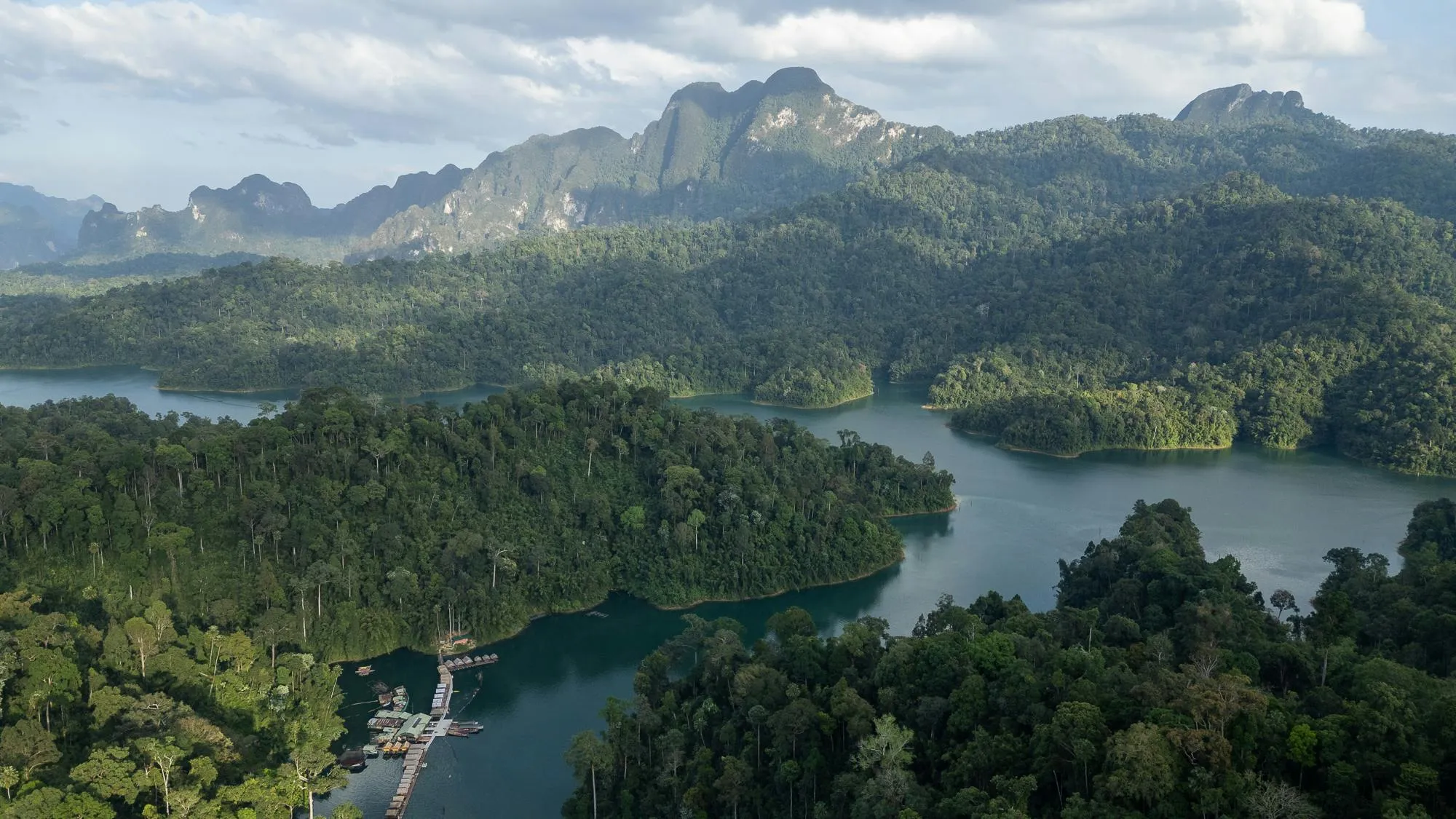为什么你应该去清迈的无接触无洗澡大象保护区的五个理由

在清迈,最热门的活动之一就是参加全天或半天的大象保护区之旅,看看亚洲大象。对许多旅行者来说,与这些温和的巨兽见面,常常是他们北泰之旅的亮点。
清迈的大象旅游方式已经改变——虽然没有想象中那么多。许多场所已经停止提供骑大象和表演,现在称自己为“伦理保护区”——但它们仍然允许游客触摸、喂食和洗澡大象。所以,实际上它们并不是真的很有道德!
根据世界动物保护组织的说法,像洗澡和自拍这样的互动会带来与骑大象一样的痛苦。如果我们想以真正道德的方式观察大象,我们应该只访问那些你可以观看而不触摸的地方。
在你访问清迈大象保护区之前,有些事情你需要知道。
大象不喜欢与人接触
我们首先要记住的是大象是野生动物,不是驯养的,而绝不会是。
由于它们的本能,野生动物在自然栖息地中会非常警惕人类,并尽一切努力避免与人类接触。接近人类对它们来说是不自然且压力巨大的。
与大象的近距离接触涉及“压碎”
虽然被称为温和的巨人,但我们要记住大象可能会严重伤害任何人和任何事。为了让游客可以靠近、触摸、喂食或洗澡,这些庞大而强壮的动物必须受到严格控制,否则就太危险了。
这意味着它们经历过残忍的训练方法,常被称为 “压碎” 或 “Phajaan”,或“打破大象的精神”。这包括 强行将幼象与母亲分离,对它们施以残忍的身体和心理折磨,直到它们屈服于人类的控制,并被恐惧所控制。
重要的是要记住,大象并不是自己选择与人类在一起的,这都是因为这些残酷的训练方法,使得近距离互动成为可能。
触摸和洗澡对大象来说会带来压力
旅游者的洗象体验对大象来说可能非常有压力,尤其是当周围有很多人爬在它们身上时。这也打扰了它们自然的梳理行为。
如果大象旅游推广洗澡,通常会有不同的游客团多次为大象进行泥浴或泥疗,通常在早上和下午的半天游中。这几乎每天都会发生。大象没有选择洗澡的时间、长短,也不能自己决定什么时候洗。
喂食大象会扰乱它们的自然行为
游客的直接喂食会扰乱大象的自然觅食行为和社会关系。
食物的分配决定了竞争。当食物资源丰富并被团体或个人垄断,比如被游客直接喂食时,会激起大象的攻击行为,争夺食物。这可能导致危险局面和受伤风险增加,尤其是游客靠得很近时。
无接触、不给食、不给浴的原则同样重要
观看野生动物的最佳地点是在野外,让它们可以在自然环境中自由漫游。其次是参观以伦理为原则、以大象需求为优先的保护区。
采取无接触的方法正是如此。当游客保持观察和安全距离时,大象有空间表达它们的自然行为。无接触的方法也有助于建立更真实、更尊重的关系,让大象和驯象师之间的互动更自然,因为这样可以提供更多空间,减少控制。
“真正对大象友好的场所是纯粹供游客观察的地方,确保游客安全和大象的福祉,从而减少对动物的持续控制。” - 世界动物保护组织
清迈的伦理保护区
如果你在清迈寻找真正有伦理的大象体验,请查看这些全天游和志愿者项目在这里!
Seek Sophie上的这些大象保护体验由我们的团队精心挑选,他们亲自前往现场,确保符合世界动物保护组织设定的最高福利标准。








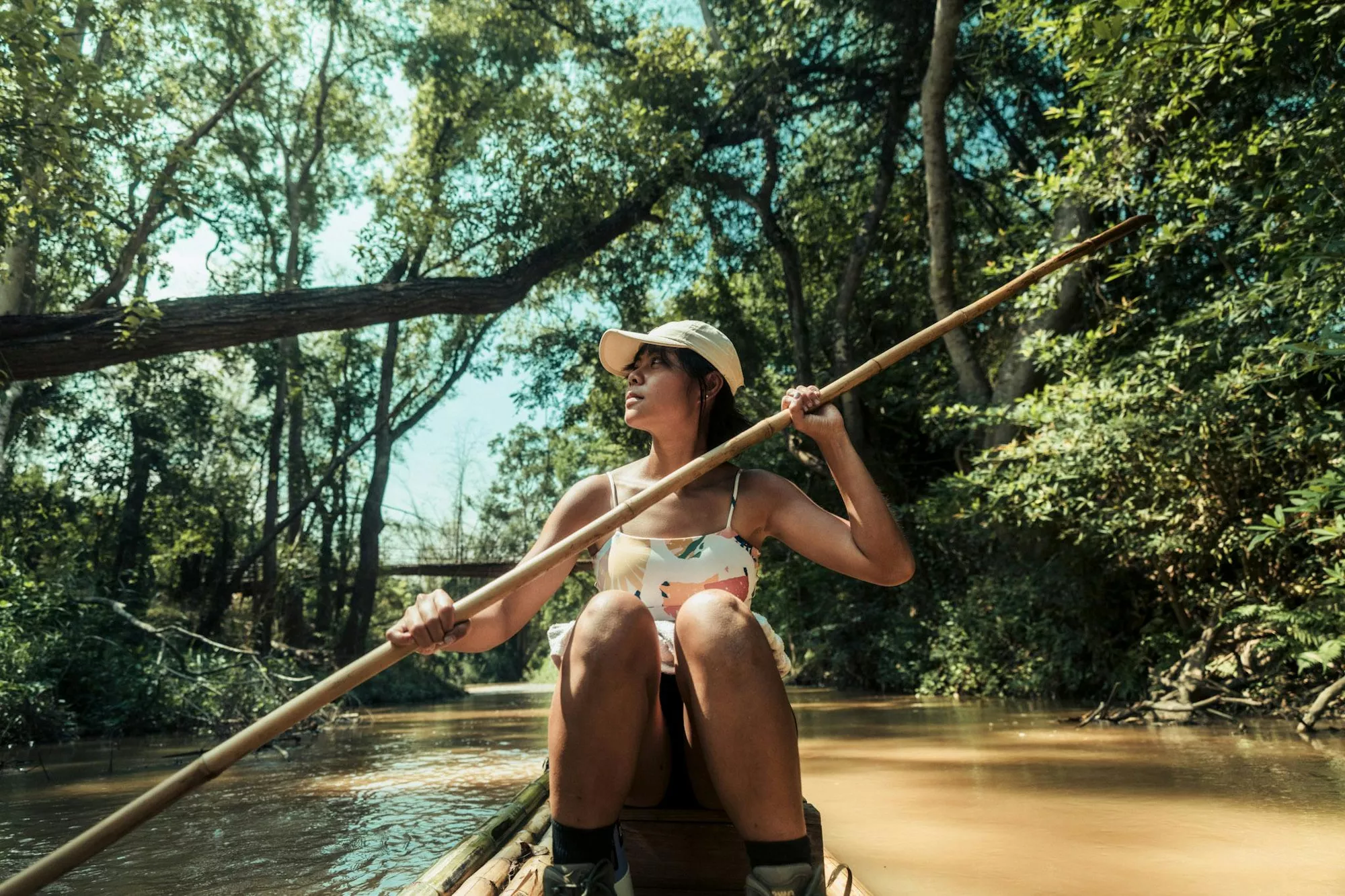
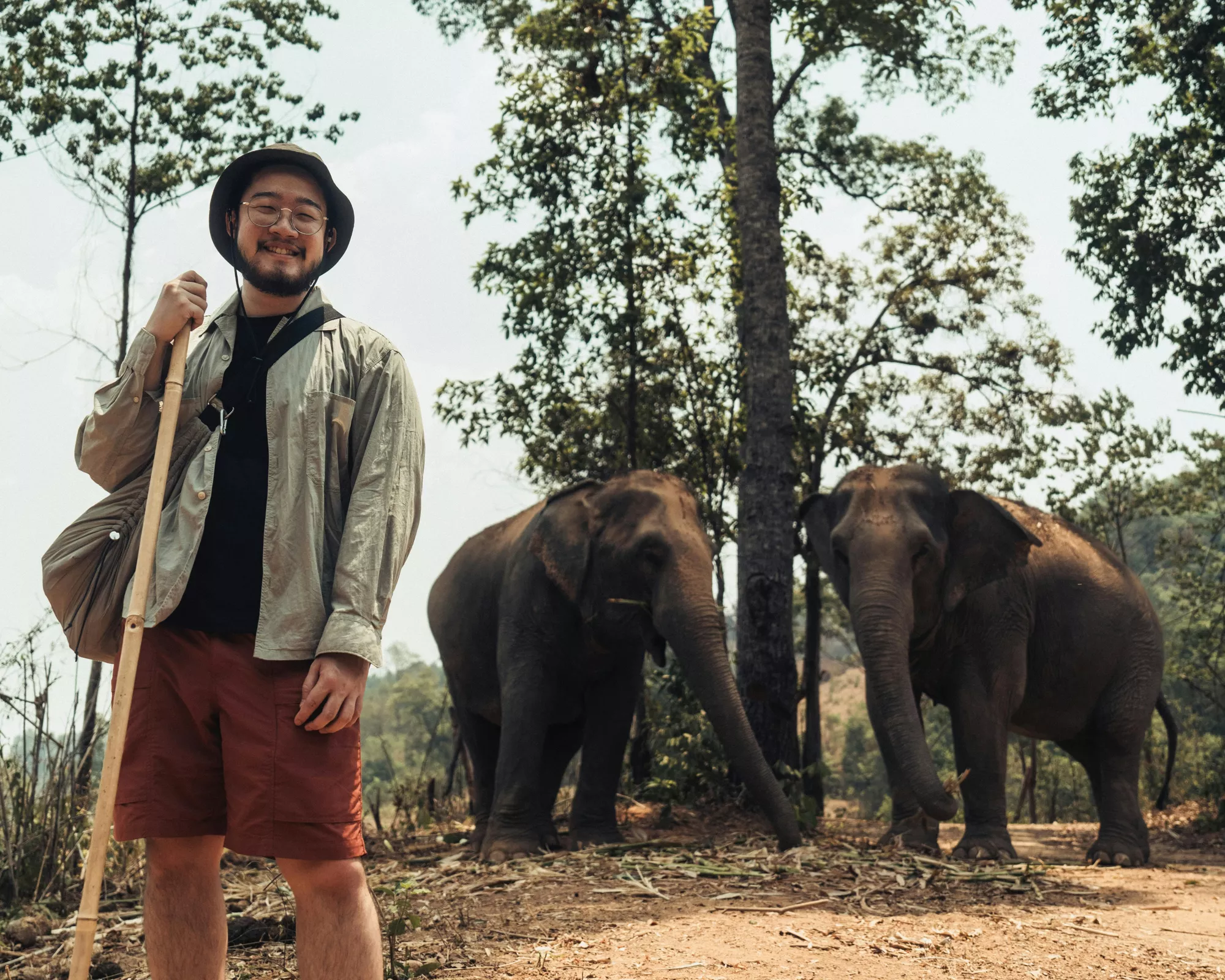
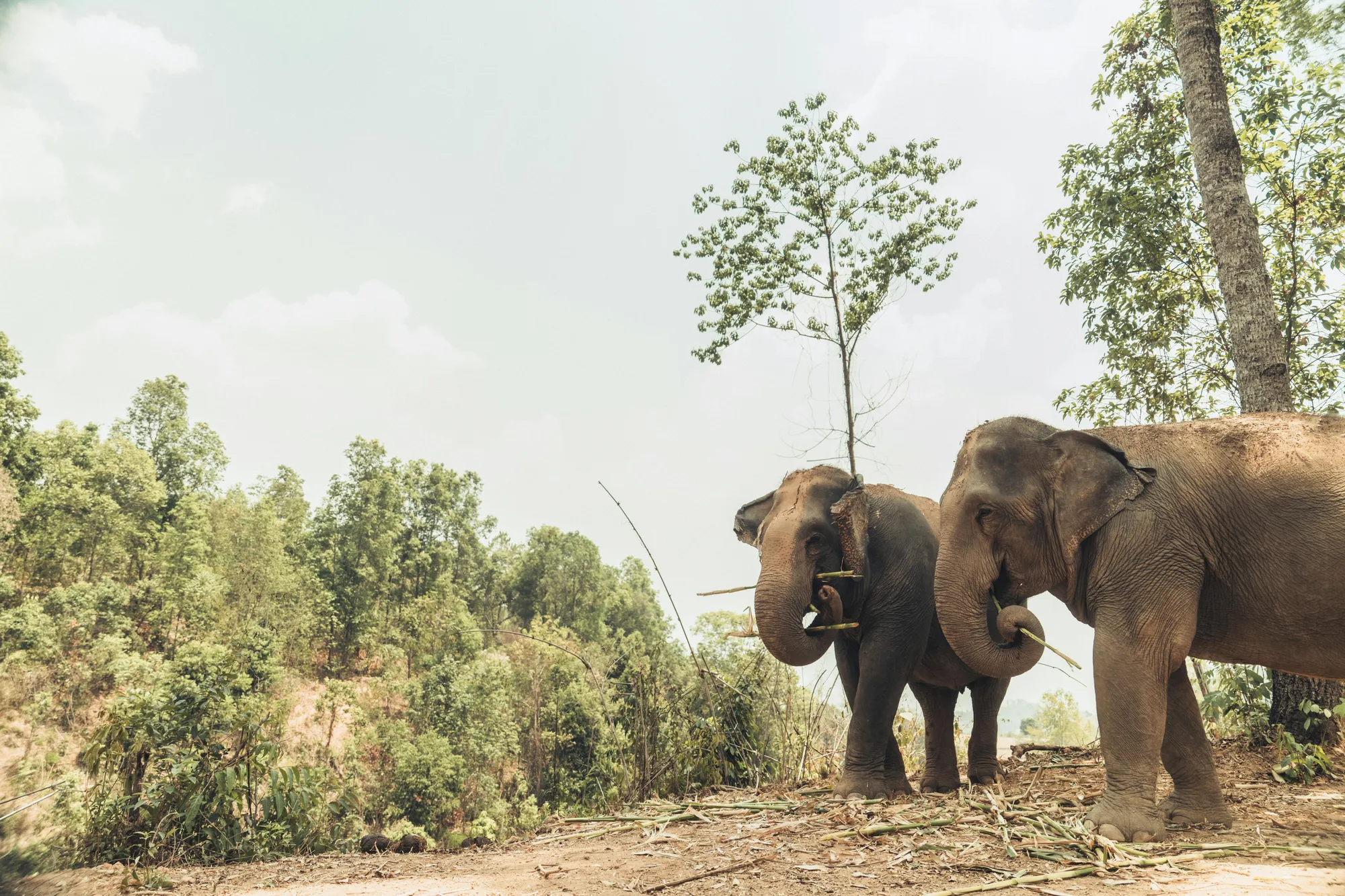
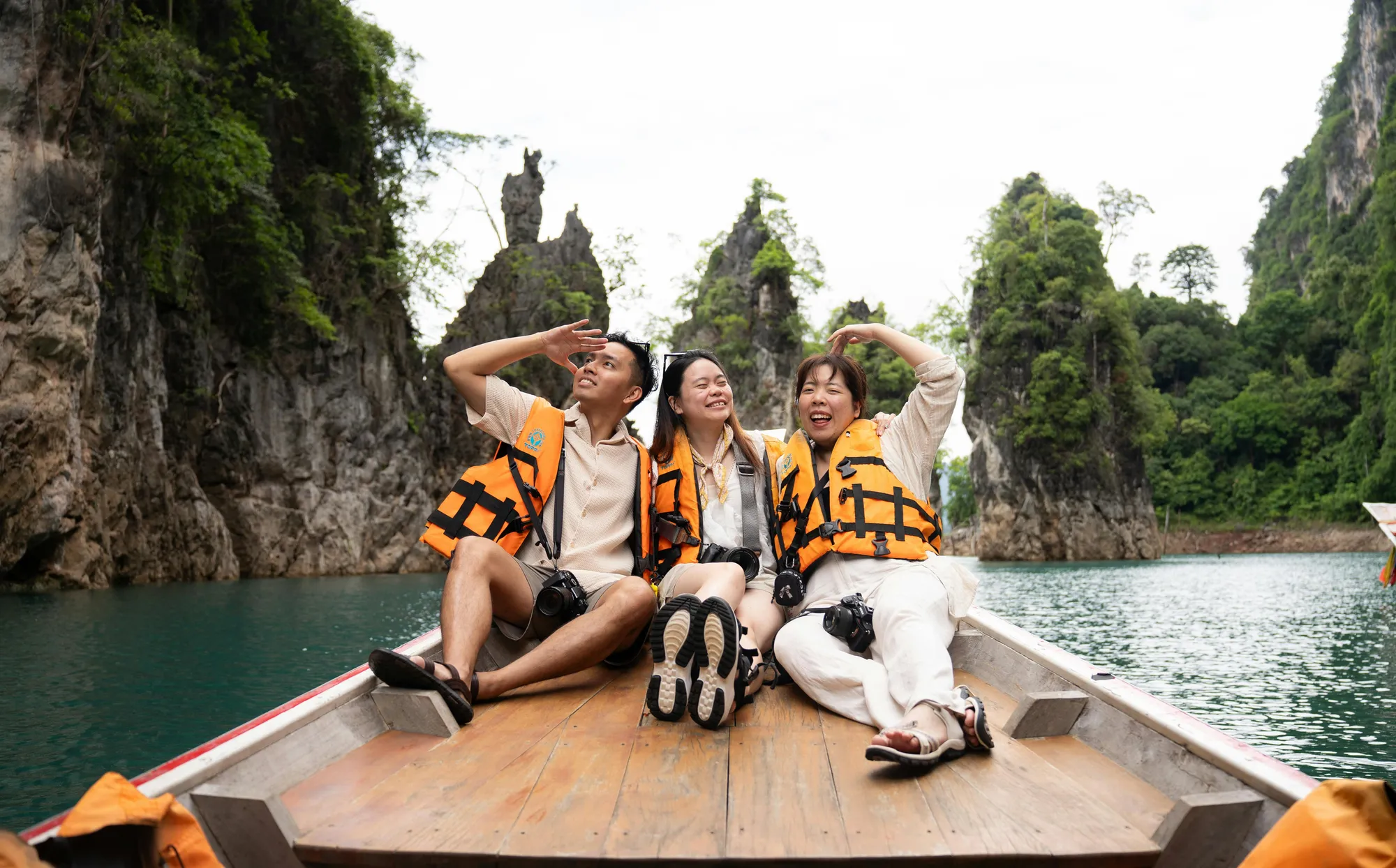


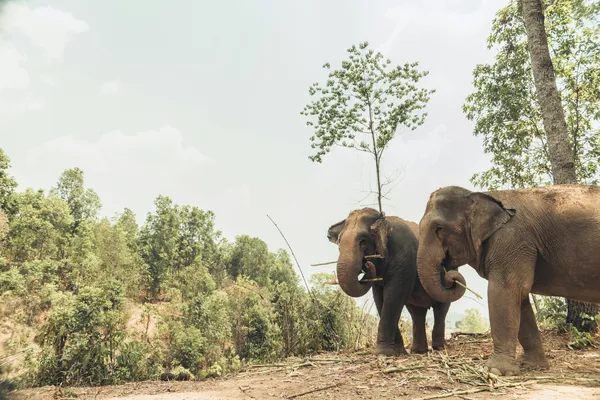
![考索国家公园:你需要知道的一切 + 避开人群 [2026]](https://d18sx48tl6nre5.cloudfront.net/webp_md_5fd961d030508c11bdf205f9f3952ca4.webp)

